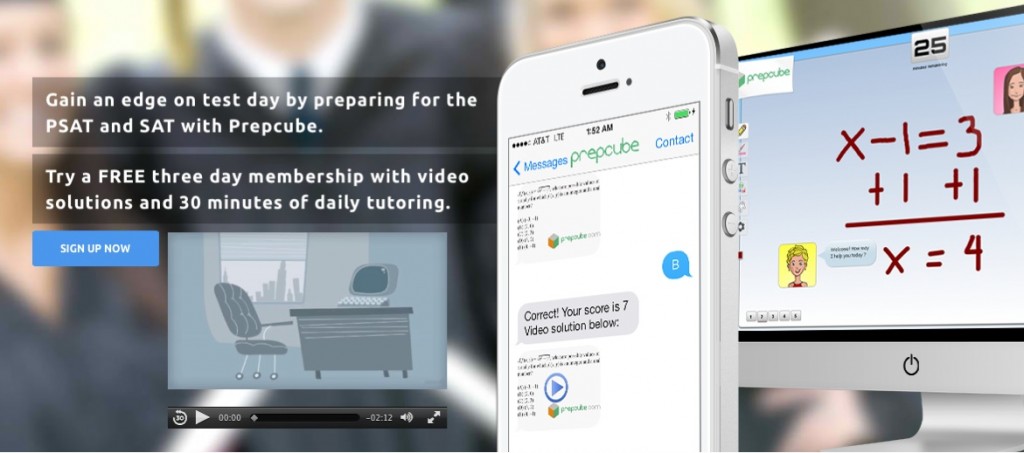 The essay. Believe it or not, it’s a topic covered in teen angst shows—and when it’s covered, the parents end up writing the essays for their students. Why? Because the students are usually dreading, dreading, dreading writing the essay. And on top of that, they have no idea what to write or how to write it.
The essay. Believe it or not, it’s a topic covered in teen angst shows—and when it’s covered, the parents end up writing the essays for their students. Why? Because the students are usually dreading, dreading, dreading writing the essay. And on top of that, they have no idea what to write or how to write it.
Apart from writing the essay yourself (you know you’re tempted—but resist with everything that is in you) here are some essay tips you can pass along to discreetly and subtly to your college-bound teen.
Answering the Common App Essay Prompts
The big idea here is that the story you want to tell matters a lot more than the prompt you attach to it. Most stories are about more than one thing, so yours might be about identity and failure, or about contentment and coming of age. So write the story first, and then figure out how to pitch it to an admissions committee. Having said that, it’s still useful to understand the questions.
5 Topics to Avoid in the College Application Essay
There’s a reason why schools require students to include essays, and it’s not just to see a sample of their writing ability. With thousands of applicants sporting similar qualifications and too few spots to accommodate them, something has to tip the scales, and it just might be the essay section. Picking the wrong one could mean getting a rejection letter. So here are just a few topics that students may want to steer clear of,
10 Tips for Writing More Competitive College Application Essays
With college admissions season in full swing, students nationwide are beginning to prepare their applications. While many of the academic elements like GPA, class rank and SAT score are set, one part of the application that students still exercise control over are the essays. To help students write competitive essays that will help get them noticed by admissions officers, Veritas Prep, the largest global provider of test prep and admissions consulting services, teamed up with Application Boot Camp®, America’s top college consulting firm, to offer ten tips students should follow as they draft their college application essays,
College essays go through many lives. You will write, re-write, and re-write again, over a period of weeks or even months. Inspiration can hit at any time.You want to have lots of time for your essays to percolate, to have those magic light bulb moments, or maybe even to wake up in the middle of the night from a dream and write a brilliantly creative essay (this really does happen!).
These twitter accounts are essay coaches—they help you write your OWN college essay by providing encouragement, guidance and support throughout the essay writing process. Follow them for tips about the essay and connect with them if your student needs help.
Read Wendy’s Post: Best Questions for Parents to Ask to Help with the College Essay
_________________________
Wednesday’s child may be full of woe but Wednesday’s Parent can substitute action for anxiety. Each Wednesday Wendy and I will provide parent tips to get and keep your student on the college track. It’s never too late or too early to start!
The bonus is on the fourth Wednesday of each month when Wendy and I will host Twitter chat #CampusChat at 9pm ET/6pm PT. We will feature an expert on a topic of interest for parents of the college-bound.
Wednesday’s Parent will give twice the info and double the blog posts on critical parenting issues by clicking on the link at the end of the article from parentingforcollege to pocsmom.com and vice versa.








